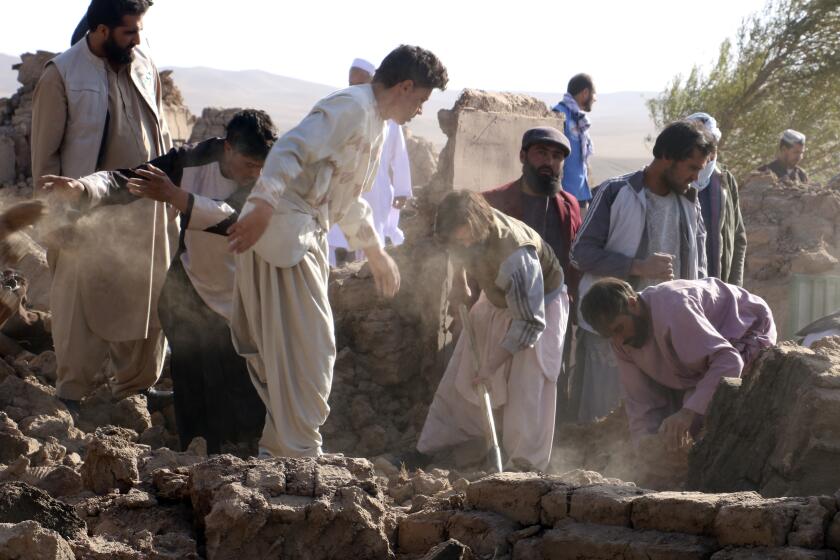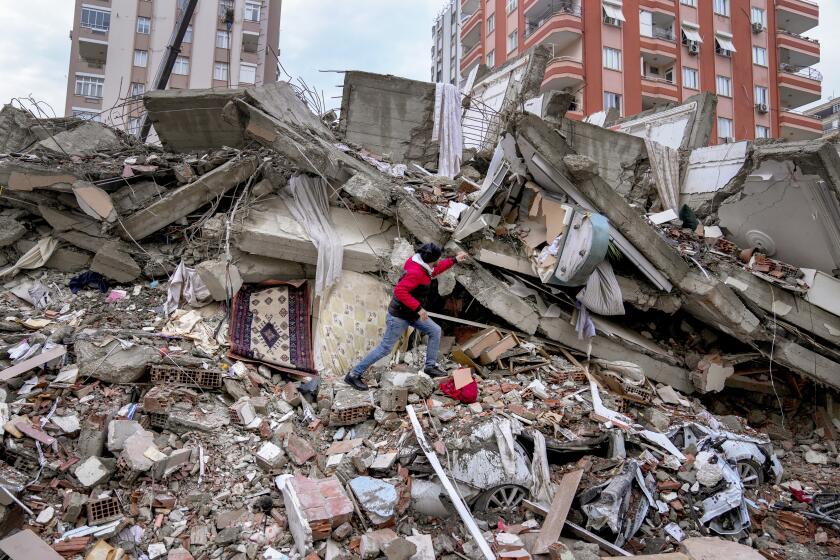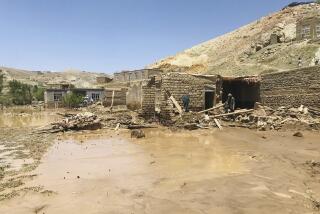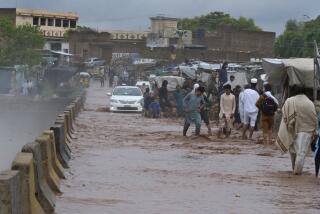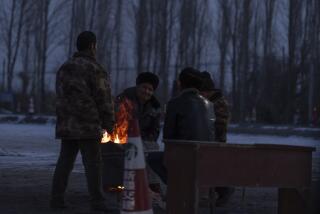Magnitude 6.3 earthquake shakes western Afghanistan where earlier temblor killed 2,000
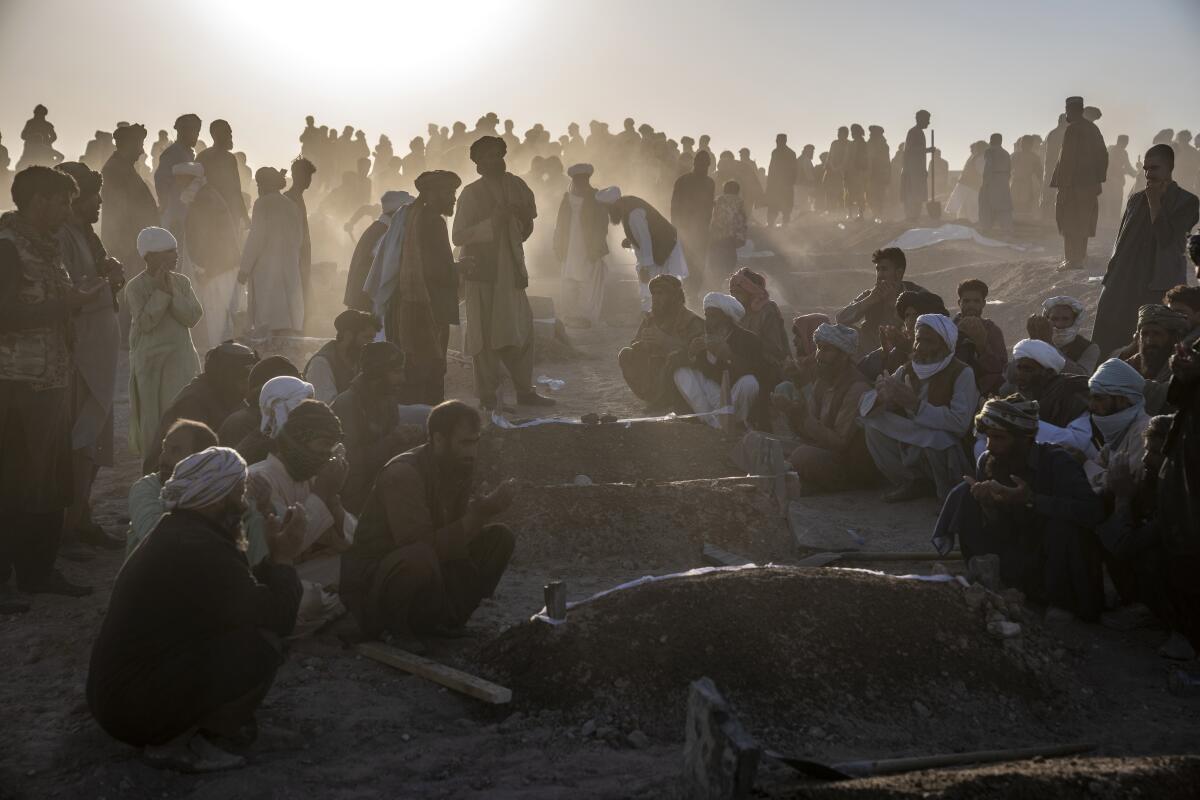
CHAHAK, Afghanistan — Another strong earthquake shook western Afghanistan on Wednesday morning after a weekend temblor killed more than 2,000 people and flattened whole villages in Herat province.
Wednesday’s magnitude 6.3 earthquake was about 17 miles outside Herat, the provincial capital, and six miles deep, according to the U.S. Geological Survey. It triggered a landslide that blocked the main Herat-Torghondi highway, Information Ministry spokesman Abdul Wahid Rayan said.
The aid group Doctors Without Borders said the Herat regional hospital received 117 injured from Wednesday’s temblor. The group, also known by its French acronym, MSF, said it sent additional medical supplies to the hospital and was setting up four more medical tents at the facility.
“Our teams are assisting in triaging emergency cases and managing stabilized patients admitted in the medical tents,” MSF said on X, formerly known as Twitter.
Wednesday’s quake also flattened all 700 homes in Chahak village, which was untouched by the tremors of previous days.
Now there are mounds of soil where dwellings used to be. But no deaths have been reported so far in Chahak because people have taken shelter in tents this week, fearing for their lives as tremors continue to rock Herat.
Men dug through rubble with their bare hands and shovels in western Afghanistan to try to save earthquake victims. More than 2,000 were reported dead.
Villagers are distraught over the loss of their homes and livestock, often their only possessions, and worry about the harsh winter months ahead. Some said they had never experienced an earthquake before and wondered when the shaking of the ground would stop.
Many said they have no peace of mind inside the tents for fear the “ground will open and swallow us at any moment.”
The epicenter of Saturday’s quake — also of the same magnitude, 6.3 — was about 25 miles northwest of the provincial capital, and several aftershocks have been strong. It was one of the most destructive quakes in the country’s recent history.
Taliban officials said more than 2,000 had died across Herat after the earlier quake. They subsequently said the quake killed and injured thousands but didn’t give a breakdown of casualties.
The magnitude of an earthquake isn’t enough to determine how much death and destruction it will cause. Location, time of day, building codes and other factors make a big difference.
Besides rubble and funerals after Saturday’s devastation, there is little left of the villages in the region’s dusty hills. Survivors are struggling to come to terms with the loss of multiple family members, and in many places, survivors are outnumbered by volunteers who had come to search the debris and dig mass graves.
In Naib Rafi, a village that previously had about 2,500 residents, people said almost no one was still alive besides men who were working outside when the quake struck. Survivors worked all day with excavators to dig long trenches for mass burials.
On a barren field in the district of Zinda Jan, a bulldozer removed mounds of earth to clear space for a long row of graves.
“It is very difficult to find a family member from a destroyed house and, a few minutes, to later bury him or her in a nearby grave, again under the ground,” said Mir Agha, from the city of Herat, who had joined hundreds of volunteers to help the residents.
Nearly 2,000 houses in 20 villages were destroyed, the Taliban has said. The area hit by the quakes has just one government-run hospital.
More to Read
Sign up for Essential California
The most important California stories and recommendations in your inbox every morning.
You may occasionally receive promotional content from the Los Angeles Times.
